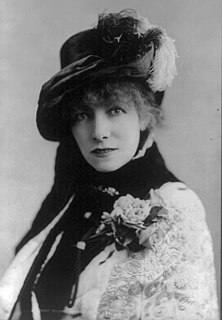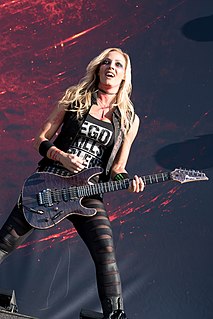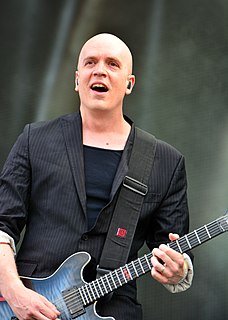A Quote by Robert J. Sawyer
Traditionally, the science fiction reader has been the 16- to 24-year-old male, especially the male with an interest in technology.
Quote Topics
Related Quotes
The bonding of women that is woman-loving, or Gyn/affection, is very different from male bonding. Male bonding has been the glue of male dominance. It has been based upon recognition of the difference men see between themselves and women, and is a form of the behaviour, masculinity, that creates and maintains male power… Male comradeship/bonding depends upon energy drained from women.
All of these really strong females making names for themselves in what were traditionally male-dominated spaces. And I'm not usually one to get too hung up on the male-vs.-female side of things, but it is interesting to see the dynamic shifting and it's happening across the board. It's cool to be a part of that.
I'll say - I have four kids! I married a woman when I was 24 years old. She was 13 years my senior. She had been married twice before. I adopted them. I was 24 and had a 17-year-old son instantly, an 11-year-old daughter, a 5-year-old, and a child on the way. So I had to learn how to become a parent very quickly.
Science fiction is fantasy about issues of science. Science fiction is a subset of fantasy. Fantasy predated it by several millennia. The '30s to the '50s were the golden age of science fiction - this was because, to a large degree, it was at this point that technology and science had exposed its potential without revealing the limitations.






































